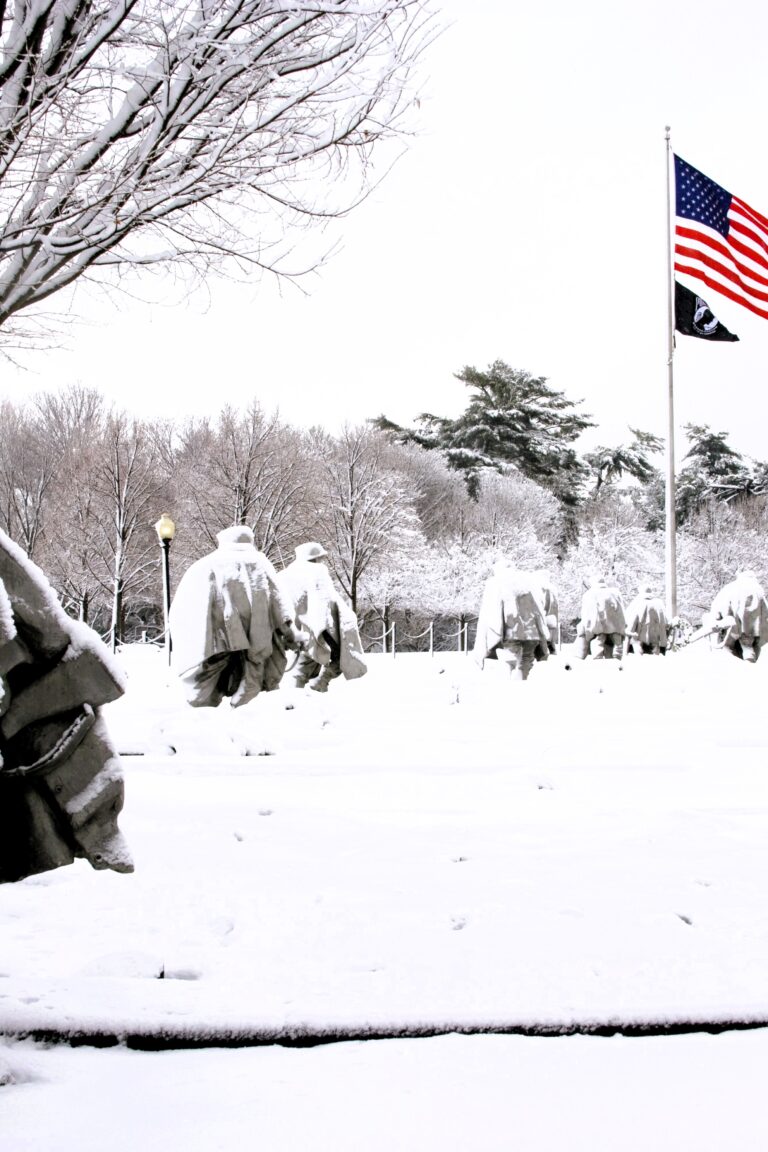People took to the streets on Saturday as thousands of traders across the country closed their shops to protest against the rising energy and fuel bills, causing widespread anxiety ahead of national elections.
The recent increase in electricity bills has further frustrated consumers and traders who are already burdened by rising inflation in the country.
Despite public protests and refusals to pay the inflated bills, Caretaker Prime Minister Anwarul Haq Kakar has ruled out any possibility of immediate relief. Instead, he has stated that consumers have no choice but to pay the bills, while the interim government tries to negotiate the issue with the International Monetary Fund (IMF).
“Power bills must be paid, and IMF conditions will be enforced,” Kakar said.
Meanwhile, the public and businessmen have rallied in support of Jamaat-e-Islami (JI)’s call for a shutter-down strike, during which small and large commercial shops and businesses have remained closed in cities, including Karachi, Peshawar, Sargodha, and Sheikhupura, among others.
The Punjab Bar Council has also announced a strike against inflation, and lawyers have been absent from the courts.
Citizens protested against inflation in Shah Latif Town in Karachi, leading to the suspension of traffic flow on the national highway.
Traders in Sargodha split into two factions over Jamaat-e-Islami’s shutter-down strike call. Anjuman Tajran president Sheikh Nadeem Khawar declared his participation in the strike but not a rally, while its general secretary spoke against the strike upon the request of the political party. He assured that he would support the strike if announced by Anjuman Tajran.
Lawyers from the District Bar in Faisalabad also called for a strike, with citizens staging protests on Canal Road and Digikot in the city, burning tires and blocking the road to demand an end to the tax.
Transgenders in Rawalpindi surrounded the Islamabad Electric Supply Company (ISCO) office, holding banners and placards, demanding the immediate rollback of the hike in petrol and electricity prices.
Traders in Mandi Bahauddin staged a shutter-down strike against the increase in electricity bills, causing all small and large markets and commercial centers in the city to remain closed.
The All-Pakistan business community went on strike in Peshawar, with most markets and centers closed. However, food shops and medical stores remained open in the city.
Traders in Arifwala announced a shutdown in support of trade organizations, leading to the closure of shops and businesses across the city.
The strike was also supported by lawyers in Chichawatani, affecting people who had come to attend hearings. Shops were also closed in Kasowal, Iqbal Nagar, and Ghaziabad.
Various cities across Sindh experienced a complete strike, with all business centers and petrol pumps closed in Thatta, Gharo, Makli, Dhabiji, and other cities, while road traffic remained lighter than usual.”

